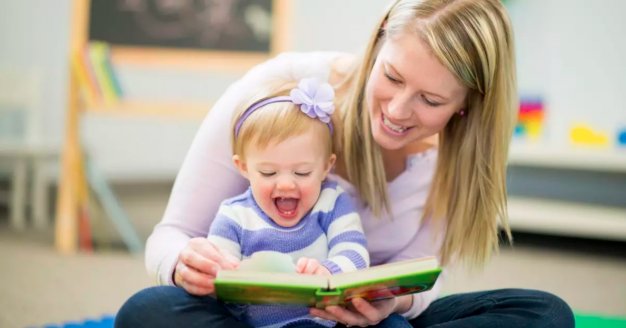
Children’s book giveaway schemes boost literacy
US-based book distribution schemes that provide free children’s books in low-income neighbourhoods can greatly help boost literacy levels, says a new study.
Researchers at New York University (NYU) looked at community schemes in cities such as Washington DC and Detroit, which use vending machines to supply dispense children’s books over the summer months.
With the support of adults who encourage reading, these projects can provide a valuable learning opportunity for children who might otherwise be missing out, says NYU’s Steinhardt School of Culture, Education and Development.
Early literacy
“Both physical and psychological proximity to books matter when it comes to children’s early literacy skills,” said Susan B. Neuman, professor of childhood and literacy education at NYU Steinhardt and the study’s lead author. “Children need access to books in their neighbourhoods, as well as adults who create an environment that inspires reading.”
The study, published in the journal Urban Education, examined book distribution schemes in areas termed ‘book deserts’, namely four low-income neighbourhoods – three in Detroit and one in Washington, D.C. These have been operating in the summer, a time when children traditionally have less access to books.
The vending machines held books provided by publisher Random House Children’s Books, in slots arranged by age ranges. A child could simply look at the selections, press a button, and receive the book free of charge. Titles were selected to reflect a variety of genres, including fiction and nonfiction, plus multicultural themes and authors. Book selections changed every two weeks.
Adult support
The study was designed to capture how, why, and in what ways these machines were used. Neuman’s team used various measures to examine how greater access to books and adult support for book reading functioned within these communities. They found that providing greater access through close physical proximity to books and greater adult support for book reading enhanced children’s opportunities to learn. More than 64,000 books were dispensed over the eight-week study period, with 26,200 to unique, one-time users and 38,235 to return users. Often, two or three books were selected in a single visit.
“Our study provides a vivid counterpoint to the view that low-income parents are less inclined and less interested in their children’s early education,” said Neuman. “This study challenges that view and provides an alternative scenario, recognising that providing access to resources — reaching families where they are — and encouraging adult support may be a key enabler toward enhancing parent engagement and children’s early literacy development.”
Necessary
Children who had the highest adult support — visiting a machine with both a parent and with a teacher from the childcare center — seemed to thrive and slightly gain throughout the summer. They saw a boost in their school readiness skills, and were able to recognise more book titles (suggesting greater exposure to books) than other children with less adult support.
“Our findings suggest that only having one side of the equation — access to books or adult support — is insufficient. Rather, both are necessary. Without access to books, one cannot read to children; without adult supports, children cannot be read to,” said Neuman.





You might want to see – http://www.sohobooks.org and the 300,000 books they give away each year.
G